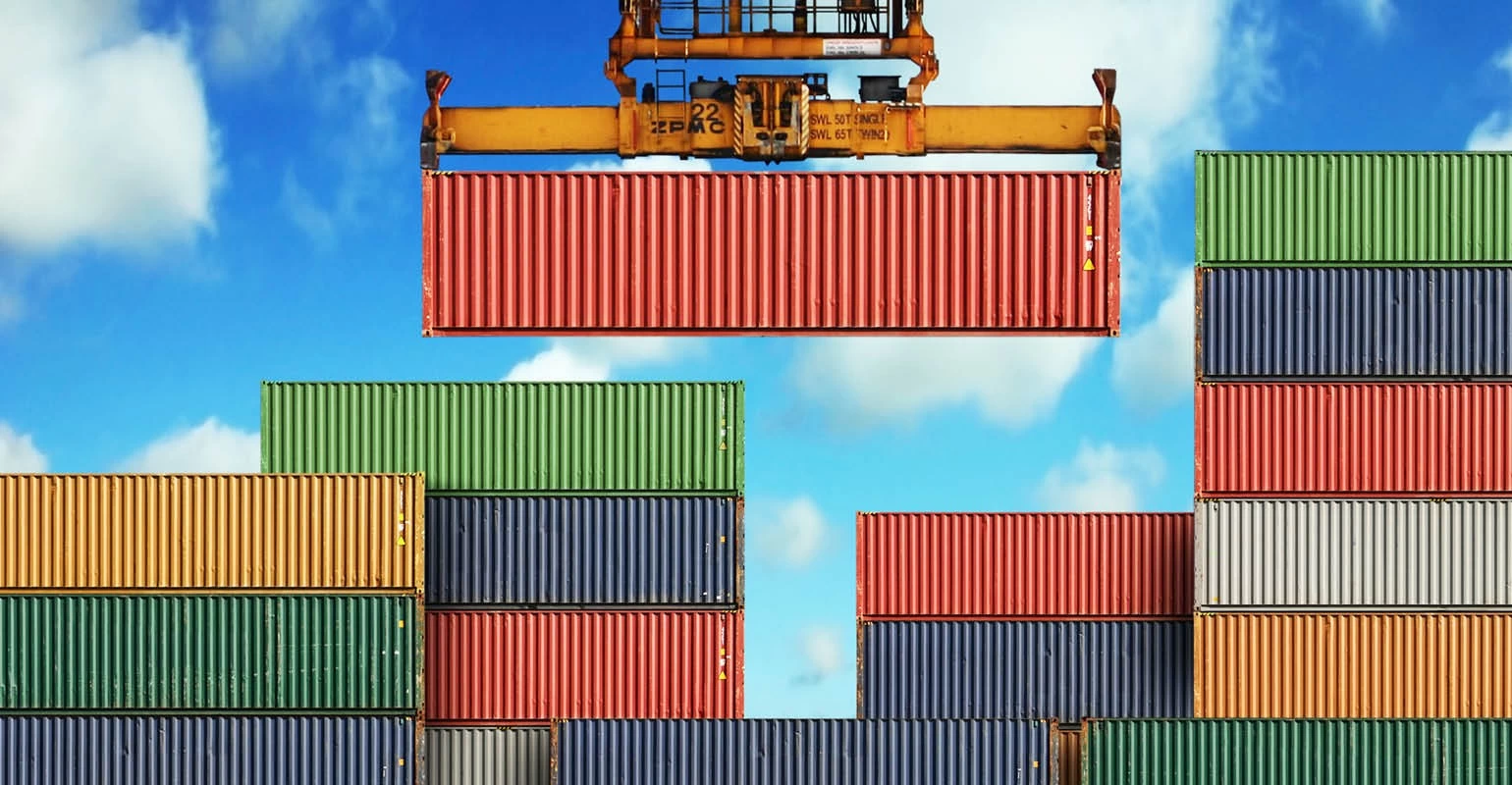What do you mean "LCL" and "loss of cargo"?

What is LCL?
CL CARGO= LESS CONTAINER LOAD, CL cargo = less container load, CL cargo = less container load, CL cargo = less container load, CL cargo is less than one container (20'/40/45). Usually, the bulk cargo assembly contractor (consolidator) separately collects the goods and concentrates them in the container freight station or inland station, and then assembers two or more tickets of goods in a container, and also unboxes and delivers them respectively in the container freight station or inland station of the destination.
For such goods, the carrier must bear the packing and unpacking operations, and the packing and unpacking costs are still charged to the cargo. The carrier's responsibility for LCL is essentially the same as for conventional general cargo transport.
What is LCL loss charge?
In the process of LCL export by sea, the goods cannot be shipped out in time after 11:00 in the working day before the day of cut-off, due to the reasons of the booking person, resulting in the vacancy of the shipping space of the LCL company, and the LCL company shall charge the booking person to make up for the loss.
How to calculate the loss of space charge?
The calculation of short space charge is based on the cost of empty space. The specific calculation formula is short space charge = cubic meter of booking charge x(FCL sea freight + FCL port of shipment)/ standard cubic number.
Note: Standard cube number: 25/20' 50/40'60/40'HQ
Common causes and preventive measures for loss of cargo
(1) The cargo owner has no time to enter the warehouse or cancel the shipment temporarily, but the booking person does not cancel the booking in time. Prevention: the freight forwarder should regularly communicate with the owner before the customs cut-off date and give feedback in time. And inform the owner that he has the responsibility to notify, otherwise there will be a loss of cargo charges.
(2) A large proportion of excess square/contracted square/overweight. Prevention: Please ask the freight forwarder to ask the owner to book the cargo as consistent as possible with the actual goods, if there is any change in time.
(3) After the goods are placed in the warehouse, it is found that the characteristics or specifications of the goods themselves can not be transported, such as "liquid/dangerous goods/oversized overweight parts". Prevention: Please inform the freight forwarder not to undertake liquid/dangerous goods/semi-dangerous products, oversized overweight parts must be confirmed in advance.
(4) Customs inspection can not cause timely shipment. Prevention: Please ask the freight forwarder to request the owner of the customs declaration to be consistent only, the documents are consistent, and the single goods are consistent. If the customs has any questions, please cooperate with the customs declarant of the freight forwarder company to reply to the customs in a timely and clear manner. Cooperate with customs as much as possible to ensure timely shipment of goods.